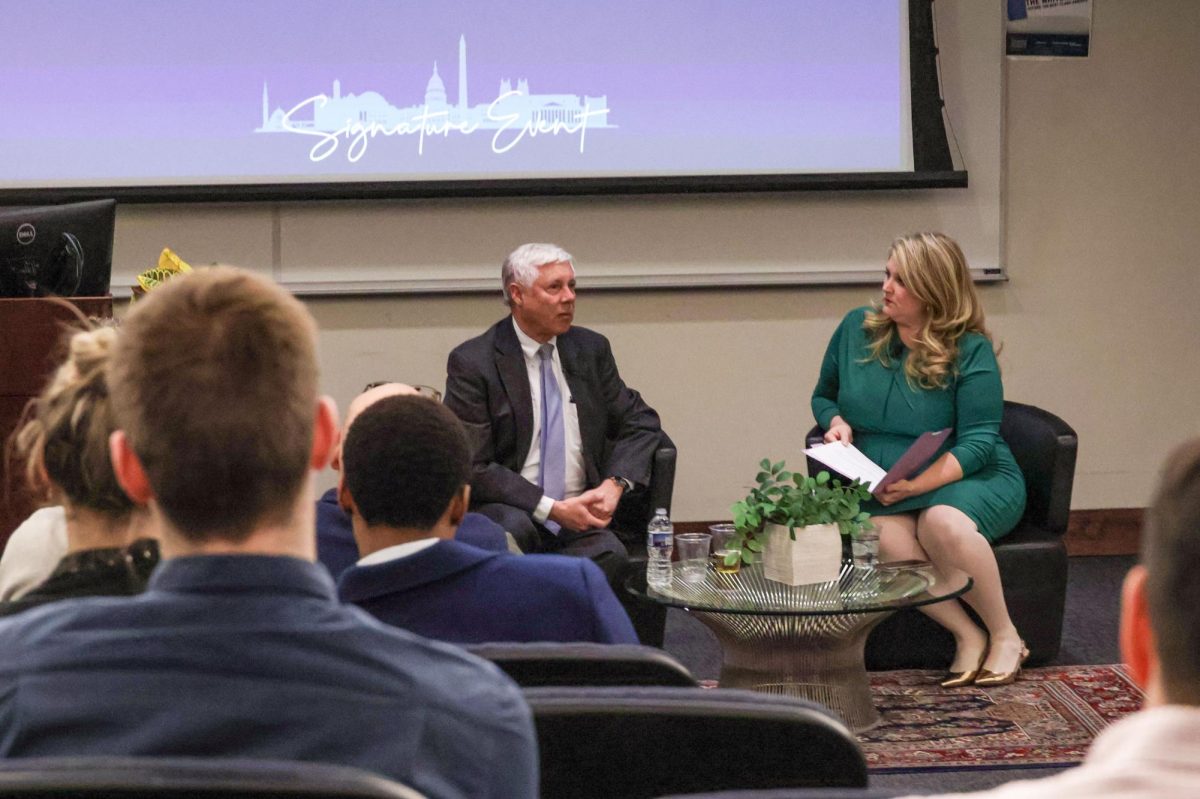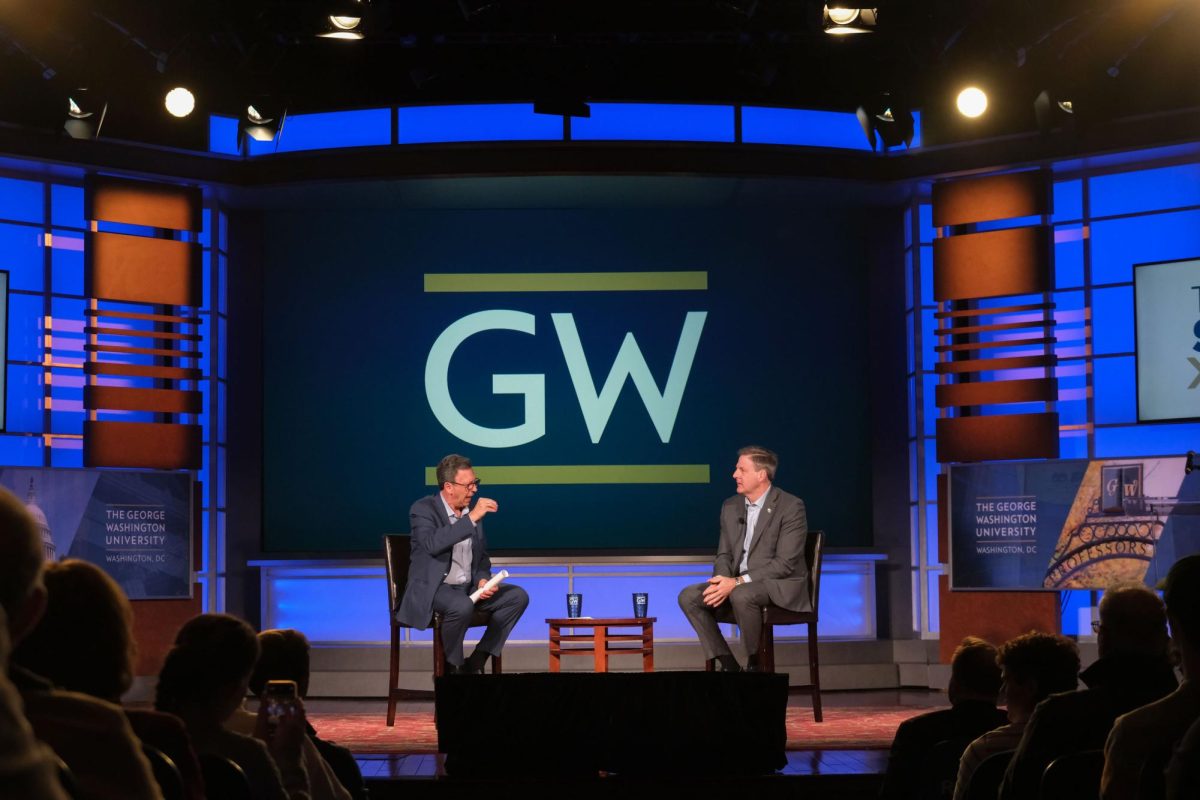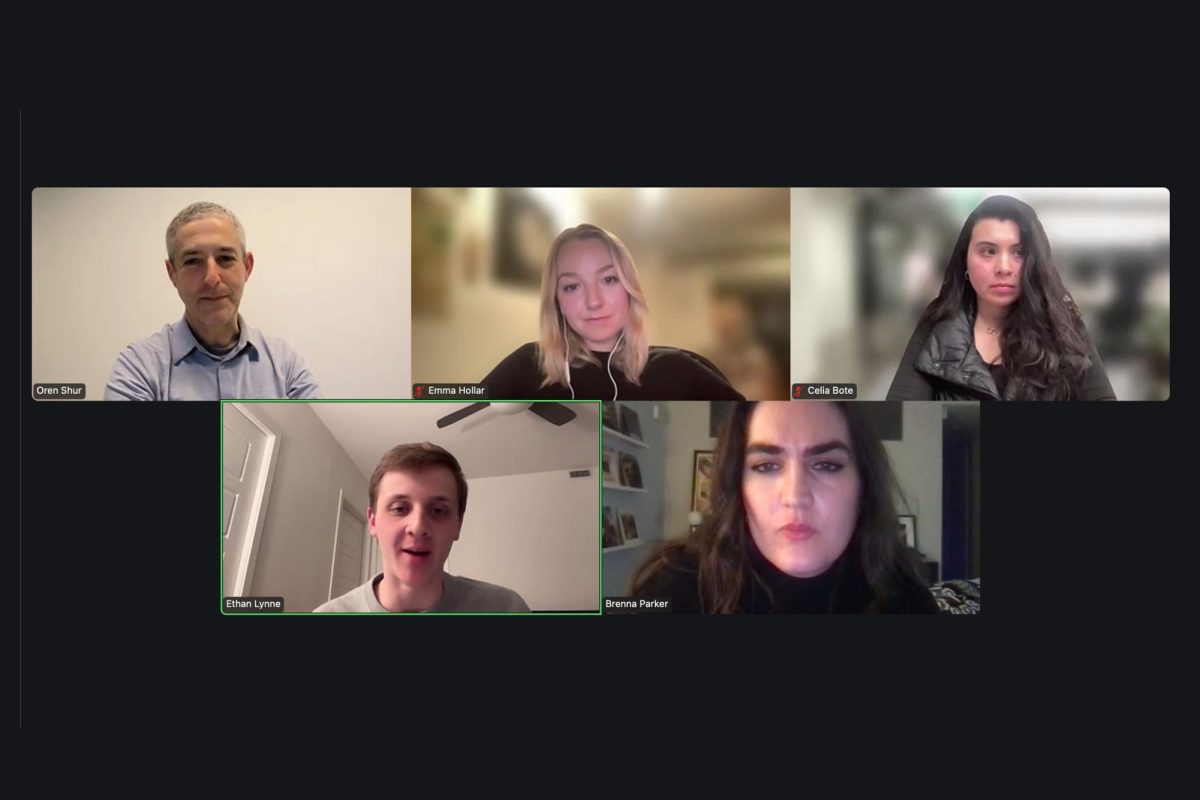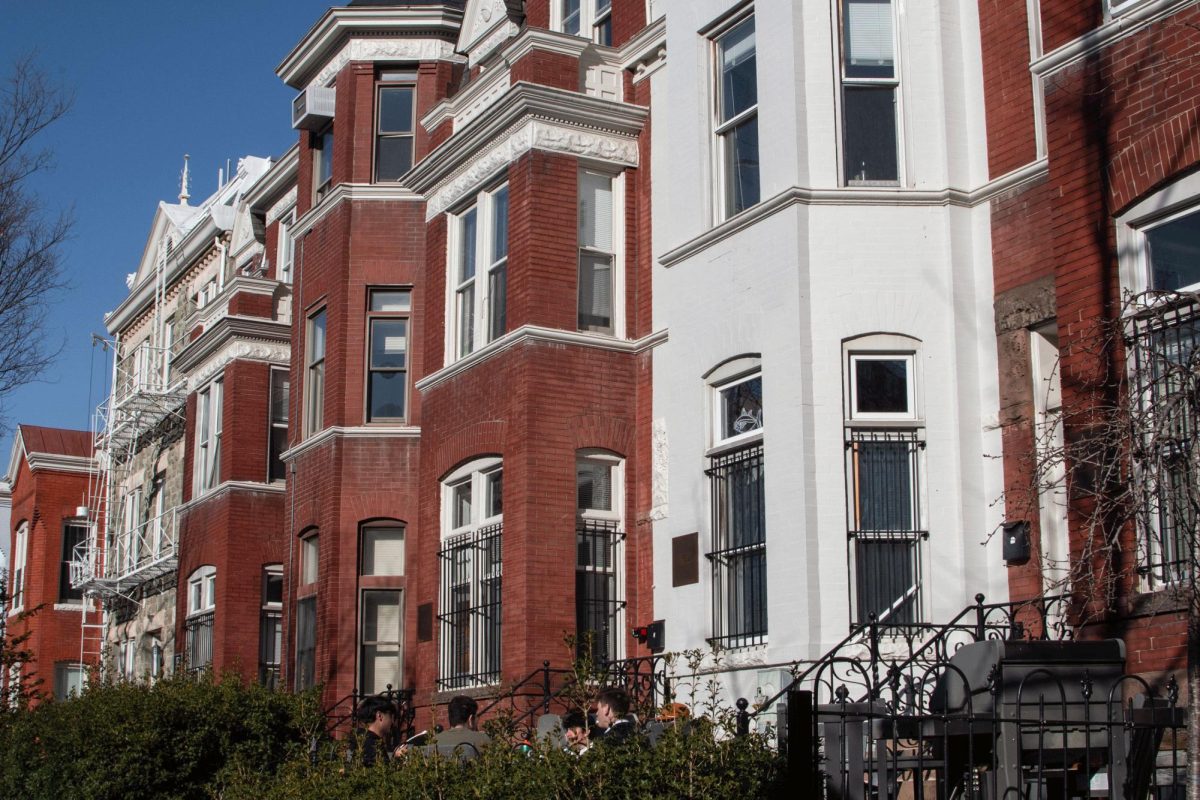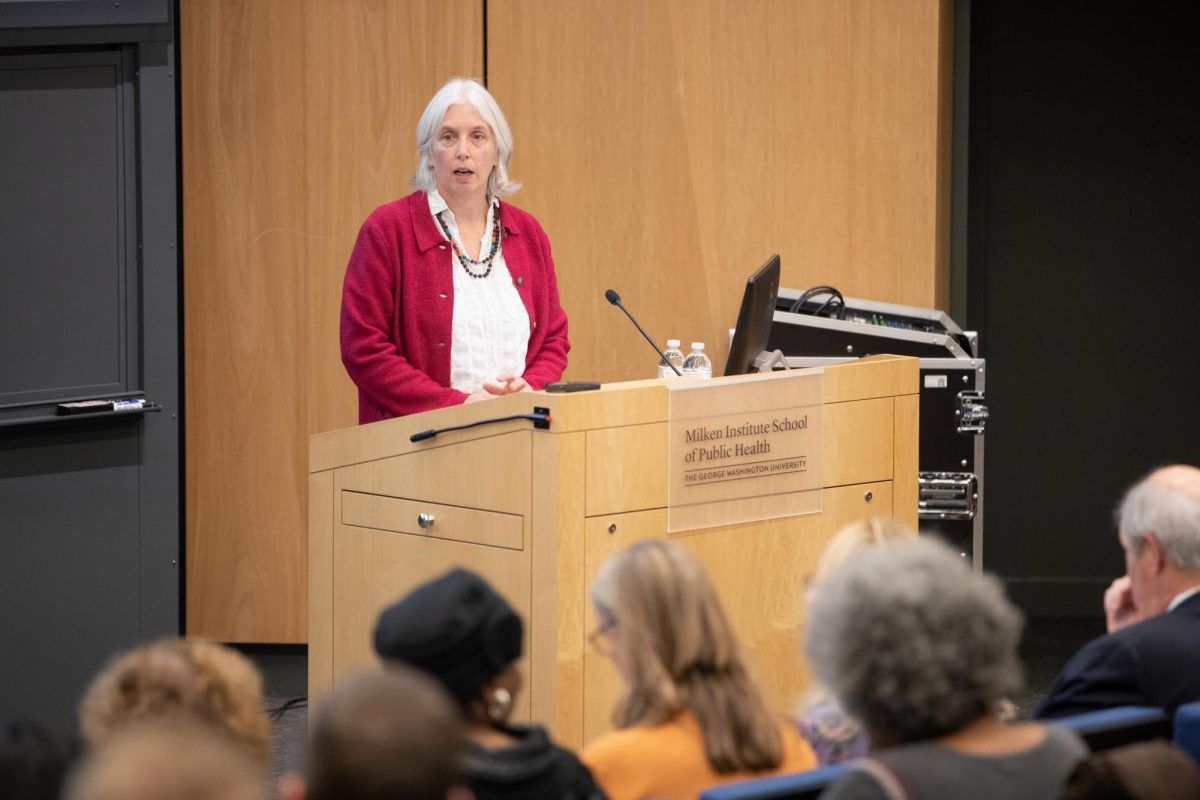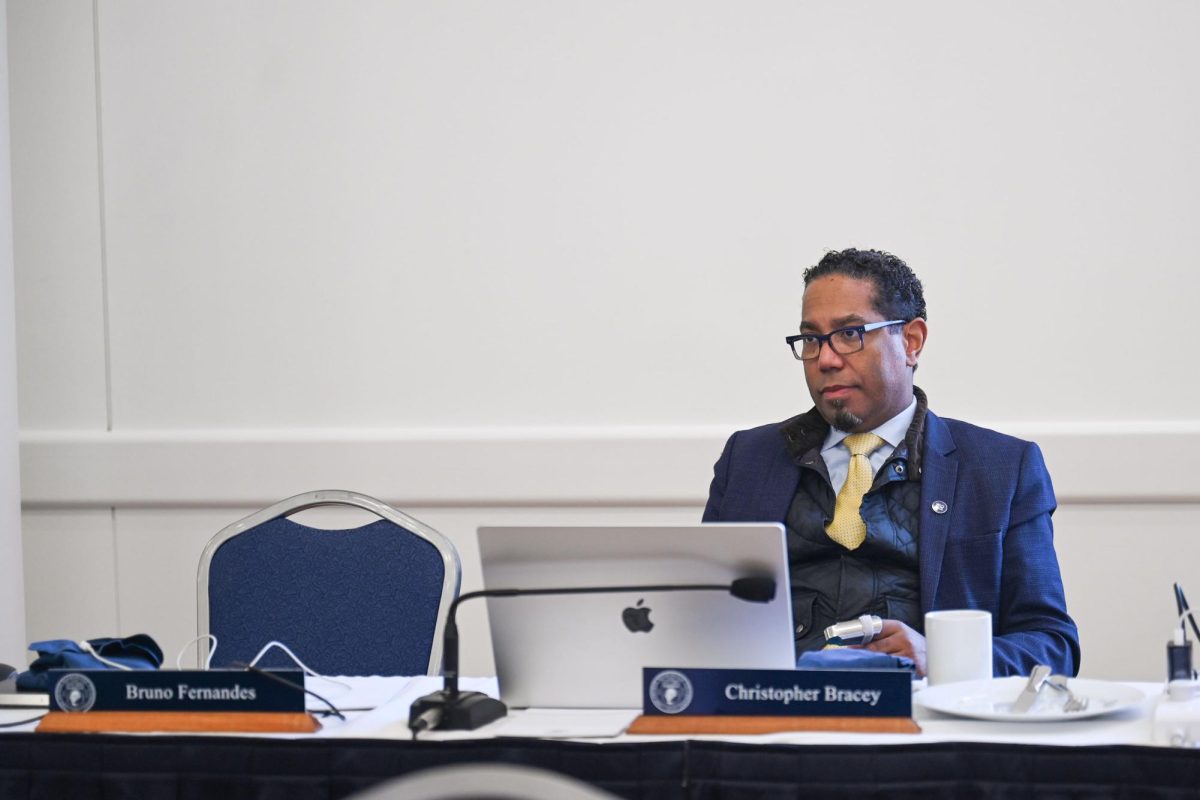Ivan Gomza, the academic director of the Public Policy and Governance Program at Ukraine’s Kyiv School of Economics, presented research Wednesday that found connections between the prevalence of populist beliefs and vaccine hesitancy.
Gomza said he hypothesized that populist sentiments would correspond with more pronounced vaccine hesitancy. Gomza’s findings indicate his hypothesis to be valid and provided insights into the perspectives of middle-class Ukrainians. The virtual event was hosted by the Petrach Program on Ukraine – a program within GW’s Institute for European, Russian and Eurasian Studies – and moderated by Elizabeth Wishnick, a professor of political science and law at Montclair State University in New Jersey.
Gomza, a former fellow with the Petrach Program, said his findings came from a questionnaire sent out in 2021 and largely responded to by middle-class Ukrainians. He said this resulted in some elitist and populist bias, mostly stemming from their affluent position in society.
He also said the views of these Ukrainians can be attributed to their “upbringing, status and internalization of the dominant liberal discourse.”
“Notably, these middle-class members nurture some populist sentiments only when assessing the political performance of the authorities or when contemplating the inflated political influence of the oligarchs whom the respondents consider an interest group and very different from other citizens,” Gomza said.
Gomza said after analyzing the responses from his questionnaire, he found the increase in populist sentiments to not be random but statistically significant with vaccine hesitancy.
“A person who worries that minorities in democratic systems can easily impose their will on the general public, a person who rejects the principle of democratic rotation and seeks the total domination of his or her political forces and a person who opposes the minimization of the influences of ordinary citizens on political decisions under any circumstances,” Gomza said. “Such a person is not just a citizen with enhanced populist expectations, but also a person with a greater probability to question vaccination.”
Gomza said he next checked for other possible underlying causes between vaccine hesitancy and populist, anti-establishment beliefs. He said he found other variables, like high income or good education, did not notably influence vaccine beliefs, which led to his next step, a regression analysis which measured the strength of “the causal relationship between populism and vaccine hesitancy.”
Gomza said his results confirm his key hypothesis linking vaccine hesitancy with populist beliefs, but a regression analysis he ran found there to be other factors besides populism responsible for variations in hesitancy towards vaccinations. He said his conclusions still could not be disqualified, however, as vaccine hesitancy is a “complex, multi-causal belief.”
“Although vaccine hesitancy cannot be attributed solely to the intensity of populist sentiments, populism undoubtedly pushes people closer toward vaccine hesitancy,” Gomza said.


